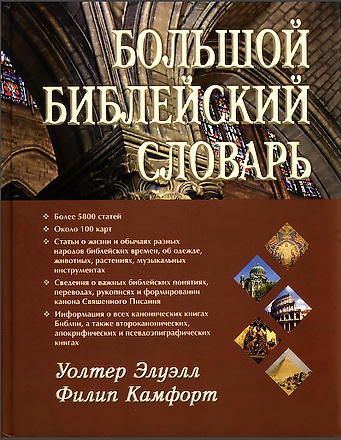
Cranfield - The Epistle to the Romans
A CRITICAL AND EXEGETICAL COMMENTARY
A word of explanation is perhaps required with regard to the character of the translation of Romans included in this commentary. Commentators’ translations are commonly intended to bring out as clearly and forcefully as possible the commentator’s own conclusions concerning his author’s meaning. When this is so, the translation, though it may be placed before the exegetical notes on each section, is really a summing up of the conclusions reached in those notes. My translation is designed rather to be a help to the reader at the earliest stage of his exegetical work. I have therefore refrained as far as I could from presupposing in it my own conclusions on controversial points, and have tried simply to represent as nearly as possible in English the Greek which has to be interpreted. One further point about the translation may be mentioned here: I have used the second person singular wherever it is used in the original, I have done this for the sake of exactness—though in this matter rather more than scholarly preciseness would seem sometimes to be at stake (as, for example, in 8:2).
My grateful thanks are due to the Rev. Professor T. F. Torrance and the Rev. Professor J. K. S. Reid; to the Rev. Principal M. Black;[1] to the Rev. Dr. M. E. Glasswell, the Rev. Dr. E. W. Fasholé-Luke and the S.P.C.K.; to Dr. R. Banks and the Paternoster Press; and to Professor E. E. Ellis, Professor E. Grässer and Messrs. Vandenhoeck and Ruprecht, for allowing me to incorporate material contributed to the Scottish Journal of Theology (including SJT[2] Occasional Paper 12), to New Testament Studies, and to the volumes in honour of the Rev. Canon H. A. E. Sawyerr, the Rev. Dr. L. Morris, and Professor W. G. Kümmel, respectively.
C. E. B. Cranfield - THE EPISTLE TO THE ROMANS
My other debts are far too numerous for it to be feasible for me to try to list them here. But I want particularly to acknowledge my indebtedness to those who taught me and, among them, especially to Alan D. Whitehorn, the outstanding excellence of whose teaching of the classical VIth, of which I was once a member, I have come to appreciate more and more with the passage of the years, and to whom I owe both personally and academically more than I can say; to my colleagues in the Theology Department of Durham University for much forbearance; to all those who as students have in the course of the last sixteen years faithfully attended my lectures on Romans and whose inspiration and encouragement have meant much to me; to the staff of Durham University Library for their helpfulness; to the craftsmen of Messrs.
Morrison and Gibb Ltd., for their skill and carefulness; to my father, who in his 98th year still takes an interest in the progress of this work; to my daughters who, besides giving me some practical help, have been remarkably patient with an often much too preoccupied father; and, above all, to my wife, who has been my long-suffering and sympathetic helper and faithful and discerning critic. My deep indebtedness to the long succession of earlier commentators on the epistle I gladly acknowledge. (The commentaries of Ernst Käsemann and Matthew Black were, unfortunately, too late to be taken into account in volume one.) I dare to hope that this commentary will prove to be not altogether unworthy to be associated with such a company. Of the fact that—like all its predecessors known to me, without exception—it fails to come anywhere near to doing justice to the Epistle to the Romans, I am well aware.
Durham, December, 1973. C. E. B. C.

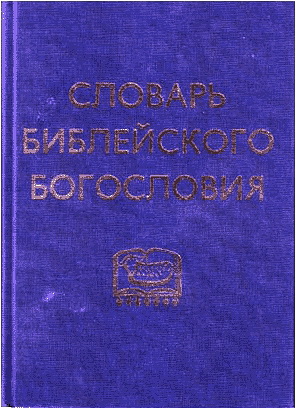
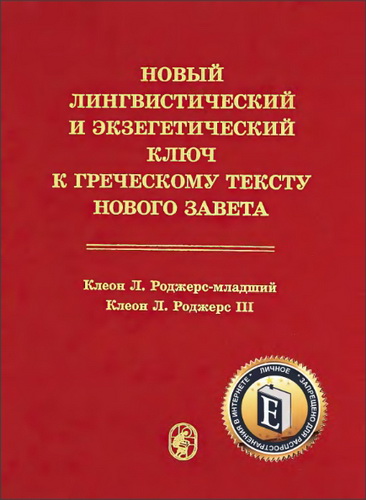
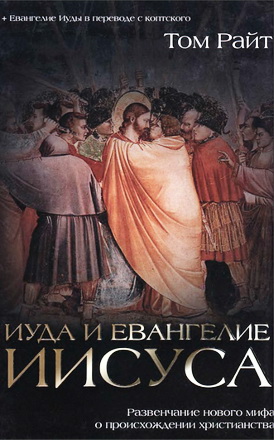
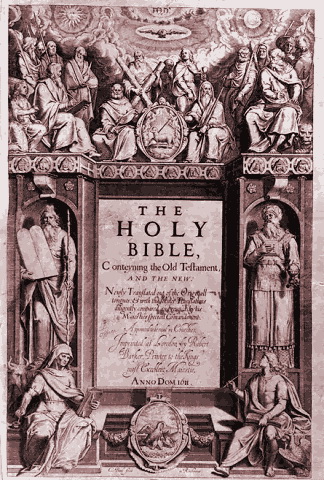
Комментарии (2 комментария)
Благодарю за классику жанра!